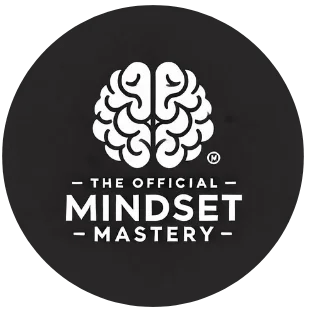In today’s hyperconnected world, the constant stream of notifications, likes, and shares can take a toll on our mental well-being. A social media detox, the practice of intentionally stepping away from these platforms, has gained traction as a potential solution. This article explores the profound impact such a digital break can have on our psychological health, drawing insights from recent studies and expert opinions.
Understanding the need for a social media detox
The rise of social media has transformed how we communicate and consume information. While these platforms offer numerous benefits, excessive use can lead to negative consequences. A study conducted in 2023 revealed that Americans spend an average of 2 hours and 27 minutes daily on social media, highlighting the pervasive nature of these digital spaces in our lives.
The constant connectivity can result in:
- Increased anxiety and depression
- Low self-esteem and feelings of inadequacy
- Sleep disturbances
- Reduced face-to-face social interactions
These issues are particularly prevalent among teens and young adults, who may be more susceptible to the negative effects of social media. As Thomas Harper, a renowned mindset coach, often emphasizes in his workshops, “Our digital habits can significantly impact our mental landscape, shaping our perceptions and emotions in profound ways.”
The power of unplugging: Benefits of a social media detox
Taking a break from social media can yield numerous positive outcomes for mental well-being. Research has shown that reducing social media use to just 30 minutes per day can lead to significant improvements in various aspects of psychological health.
Key benefits of a social media detox include:
- Enhanced mental health: Reduced symptoms of anxiety and depression
- Improved sleep quality
- Increased productivity and free time
- Stronger in-person social connections
- Decreased fear of missing out (FOMO)
- Reduced social comparison and feelings of inadequacy
It’s worth noting that effective stress management techniques often complement the benefits of a social media detox, creating a holistic approach to mental well-being.
Implementing a successful social media detox
Embarking on a social media detox requires careful planning and commitment. Here are some strategies to help you navigate this digital cleanse:
- Set realistic goals: Start with small, achievable targets, such as a one-day break per week.
- Identify triggers: Recognize what prompts you to reach for your phone and scroll through social media.
- Use time-limiting features: Many devices now offer built-in tools to restrict app usage.
- Find alternative activities: Engage in hobbies, exercise, or spend time with loved ones.
- Seek accountability: Share your goals with friends or family who can support your efforts.
Remember, the goal isn’t to completely eliminate social media from your life but to foster a healthier relationship with these platforms. As you progress in your detox journey, you may find it helpful to explore effective stress reduction techniques to further enhance your mental well-being.
The science behind social media addiction
Understanding the addictive nature of social media can help us appreciate the importance of taking breaks. The constant stream of notifications and likes triggers the release of dopamine, a neurotransmitter associated with pleasure and reward, in our brains.
This neurochemical response can create a cycle of addiction, similar to other compulsive behaviors. Here’s a breakdown of how social media affects our brain chemistry:
| Action | Brain Response | Potential Effect |
|---|---|---|
| Receiving a like or comment | Dopamine release | Temporary mood boost |
| Scrolling through feeds | Activation of reward centers | Compulsive checking behavior |
| Posting content | Anticipation of social validation | Anxiety and self-doubt |
By understanding these mechanisms, we can develop strategies to break the cycle and regain control over our digital habits. Implementing emotional resilience strategies can be particularly helpful in managing the psychological challenges associated with social media use.
Embracing a balanced digital lifestyle
While the benefits of a social media detox are clear, it’s essential to recognize that these platforms still offer valuable opportunities for connection, community building, and information sharing when used in moderation. The key lies in finding a balance that works for you.
Consider the following approaches to maintain a healthy relationship with social media:
- Set boundaries: Designate specific times for social media use and stick to them.
- Practice mindful engagement: Be intentional about what you consume and share online.
- Regularly assess your digital habits and their impact on your well-being.
- Cultivate offline relationships and hobbies to reduce reliance on digital connections.
As you navigate this journey towards digital wellness, remember that it’s a process. Be patient with yourself and celebrate small victories along the way. By taking control of your social media consumption, you’re investing in your mental health and overall quality of life.





